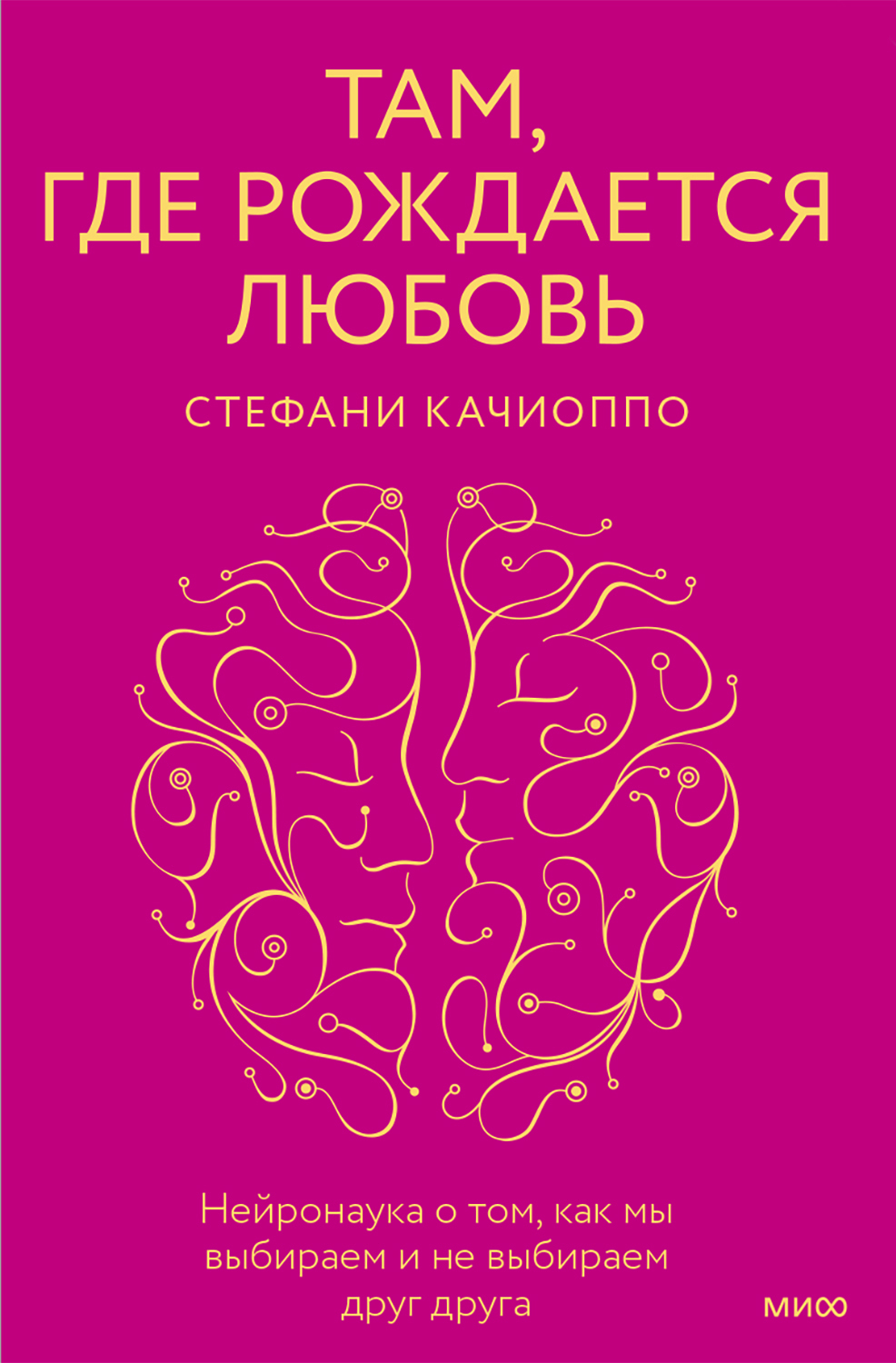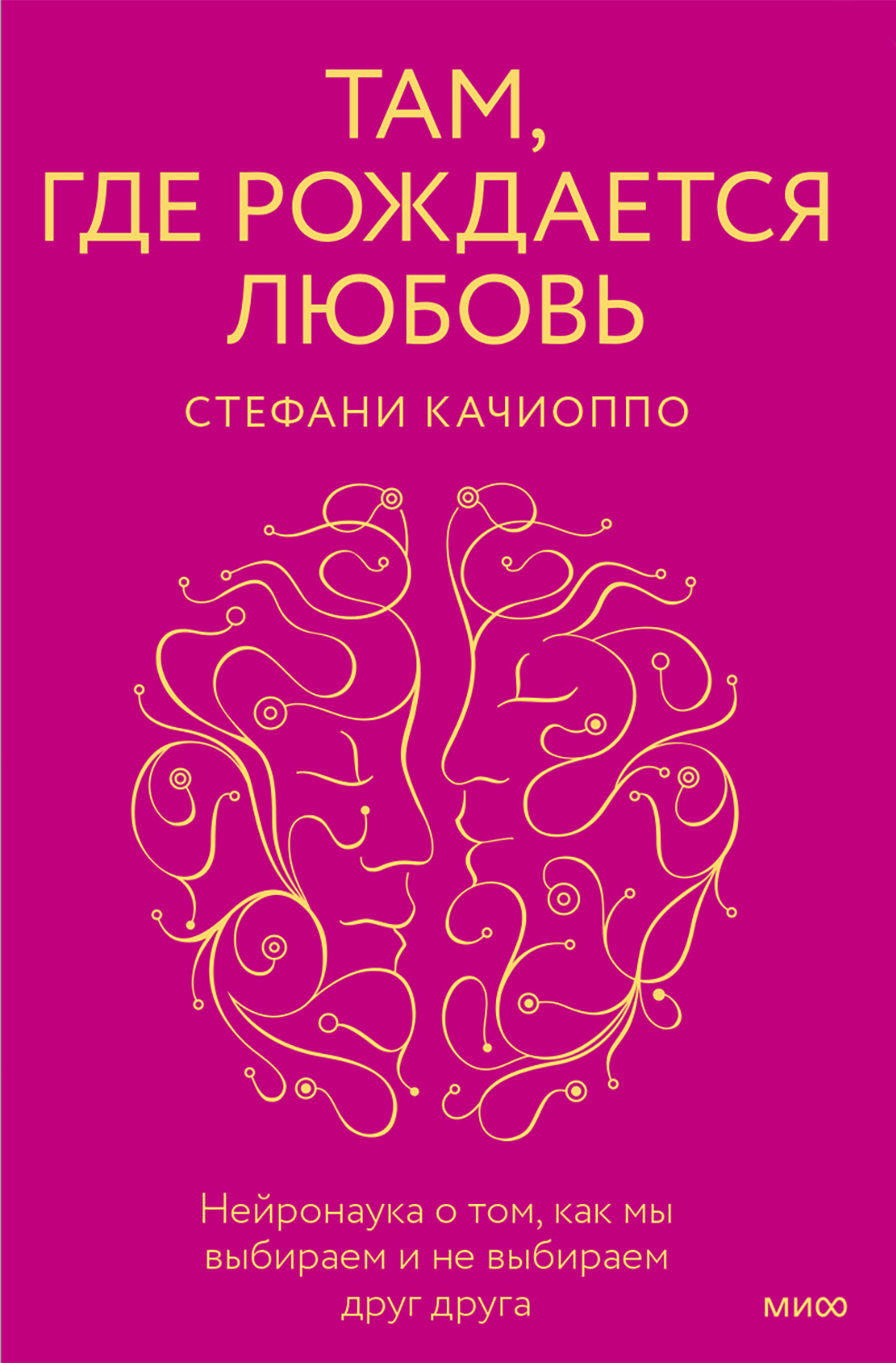L., Isaacowitz D. M., Charles S. T. Taking Time Seriously: A Theory of Socioemotional Selectivity // American Psychologist. 1999. Vol. 54, № 3. Р. 165. См. также: «We’re a Family and That Gives Me Joy»: Exploring Interpersonal Relationships in Older Women’s Softball Using Socio-emotional Selectivity Theory / W. Choi et al. // Leisure Sciences. 2018. Р. 1–18.
Kennedy Q., Mather M., Carstensen L. L. The Role of Motivation in the Age-Related Positivity Effect in Autobiographical Memory // Psychological Science. Vol. 15, № 3. 2004. Р. 208–214. См. также: Reed A. E., Carstensen L. L. The Theory Behind the Age-Related Positivity Effect // Frontiers in Psychology. 2012. № 3. Р. 339; Charles S. T., Mather M., Carstensen L. L. Aging and Emotional Memory: The Forgettable Nature of Negative Images for Older Adults // Journal of Experimental Psychology: General. 2003. Vol. 132, № 2. Р. 310.
Luscombe B. The Divorce Rate Is Dropping: That May Not Actually Be Good News // Time.com. 2018. November 26. URL: https://time.com/5434949/divorce-rate-children-marriage-benefits/ (accessed: 01.07.2021).
Ferdman R. A. How the Chance of Breaking Up Changes the Longer Your Relationship Lasts // Washington Post. 2016. March 18. URL: http://www.washingtonpost.com/news/wonk/wp/2016/03/18/how-the-likelihood-of-breaking-up-changes-as-time-goes-by/ (accessed: 01.07.2021); Rosenfeld M. J. Couple Longevity in the Era of Same-Sex Marriage in the United States // Journal of Marriage and Family. 2014. Vol. 76, № 5. Р. 905–918.
Lack of Intimacy Prospectively Predicts Breakup / Y. Park et al. // Social Psychological and Personality Science. 2021. Vol. 12, № 4. Р. 442–451.
Fisher H. Evolution of Human Serial Pair Bonding // American Journal of Physical Anthropology. 1989. Vol. 78, № 3. Р. 331–354.
Personality Change Among Newlyweds: Patterns, Predictors, and Associations with Marital Satisfaction over Time / J. A. Lavner et al. // Developmental Psychology. 2018. Vol. 54, № 6. Р. 1172.
Markus H., Nurius P. Possible Selves // American Psychologist. 1986. Vol. 41, № 9. Р. 954–969. См. также: James W. The Consciousness of Self. Chap. 10 // The Principles of Psychology. New York: Henry Holt, 1890. Vol. 1.
Gazzaniga M. S., Ivry R. B., Mangun G. R. Cognitive Neuroscience: The Biology of the Mind. New York: W. W. Norton, 2014. Р. 573–578.
Heyman S. Hard-Wired for Love // New York Times. 2017. November 17. URL: https://www.nytimes.com/2017/11/08/style/modern-love-neuroscience.html (accessed: 01.07.2021).
The Experimental Generation of Interpersonal Closeness: A Procedure and Some Preliminary Findings / A. Aron et al. // Personality and Social Psychology Bulletin. 1997. Vol. 23, № 4. Р. 363–377.
Catron M. L. To Fall in Love with Anyone, Do This // New York Times. 2015. January 11. URL: https://www.nytimes.com/2015/01/11/style/modern-love-to-fall-in-love-with-anyone-do-this.html (accessed: 01.07.2021).
Baumeister R. F. Passion, Intimacy, and Time: Passionate Love as a Function of Change in Intimacy // Personality and Social Psychology Review. 1999. Vol. 3, № 1. Р. 49–67; Social Neuroscience of Love / S. Cacioppo et al. // Clinical Neuropsychiatry. 2012. Vol. 9, № 1. Р. 9–13.
Loneliness Is Associated with the Subjective Evaluation of but Not Daily Dynamics in Partner Relationships / M. Mund et al. // International Journal of Behavioral Development. 2020. См. также: Mund M. The Stability and Change of Loneliness Across the Life Span: A Meta-Analysis of Longitudinal Studies // Personality and Social Psychology Review. 2020. Vol. 24, № 1. Р. 24–52.
Regional Brain Activity in Women Grieving a Romantic Relationship Breakup / A. Najib et al. // American Journal of Psychiatry. 2004. Vol. 161, № 12. Р. 2245–2326.
Dessa: Can We Choose to Fall Out of Love?: filmed in June 2018 in Hong Kong, TED video, 11:31. URL: https://www.ted.com/talks/dessa_can_we_choose_to_fall_out_of_love_feb_2019. Подробнее о приключениях Дессы в области неврологии читайте в ее мемуарах: My Own Devices: True Stories from the Road on Music, Science, and Senseless Love. New York: Dutton, 2019.
Professor John T. Cacioppo Memorial // YouTube video, 56:17, posted by UChicago Social Sciences. 2018. May 7. URL: https://www.youtube.com/watch?v=Fc2uEzTptxo.
Cacioppo J. T. Overcoming Isolation | AARP Foundation // YouTube video, 1:16, posted by AARP-Foundation. 2013. February 25. URL: https://www.youtube.com/watch?v=xBWGdQ_lx_A.
Risk of Acute Myocardial Infarction After the Death of a Significant Person in One’s Life: The Determinants of Myocardial Infarction Onset Study / E. Mostofsky et al. // Circulation. 2012. Vol. 125, № 3. Р. 491–496.
Praveen George P. M. N., Irimpen A. M. The Broken Heart Syndrome: Takotsubo Cardiomyopathy // Trends in Cardiovascular Medicine. 2015. Vol. 25, № 4. Р. 351–357.
Parkes C. M., Benjamin B., Fitzgerald R. G. Broken Heart: A Statistical Study of Increased Mortality Among Widowers // British Medical Journal. 1969. Vol. 1, № 5646. Р. 740–743.
Shear M. K. Complicated Grief // New England Journal of Medicine. 2015. Vol. 372, № 2. Р. 153–160.
Shulman L. M. Before and After Loss: A Neurologist’s Perspective on Loss, Grief, and Our Brain. Baltimore: Johns Hopkins University Press, 2018. Р. 53–64.
Amygdala Activations During the Emotional Experience of Death-Related Pictures in Complicated Grief: An fMRI Study / M. Fernández-Alcántara et al. Increased // Journal of Clinical Medicine. 2020. Vol. 9, № 3. Р. 851.
Arizmendi B., Kaszniak A. W., O’Connor M.-F. Disrupted Prefrontal Activity During Emotion Processing in Complicated Grief: An fMRI Investigation // NeuroImage. 2016. № 124. Р. 968–976.
Paturel A. The Traumatic Loss of a Loved One Is Like Experiencing a Brain Injury // Discover. 2020. August 7. URL: https://www.discovermagazine.com/mind/the-traumatic-loss-of-a-loved-one-is-like-experiencing-a-brain-injury (accessed: 20.07.2021). См. также: Shulman L. M. Before and After Loss…
Craving Love? Enduring Grief Activates Brain’s Reward Center / M.-F. O’Connor et al. // Neuroimage. 2008. Vol. 42, № 2. Р. 969–972.
Anticipation of Increasing Monetary Reward Selectively Recruits Nucleus Accumbens / B. Knutson et al. // Journal of Neuroscience. 2001. Vol. 21, № 16. RC159.
Shulman L. M. Before and After Loss… Р. 83–104.
Is Rumination After Bereavement Linked with Loss Avoidance? Evidence from Eye-Tracking / M. C. Eisma et al. // PLoS One. 2014. Vol. 9, № 8. e104980. O’Connor M.-F. Grief: A Brief History of Research on How Body, Mind, and Brain Adapt // Psychosomatic Medicine. 2019. Vol. 81,





